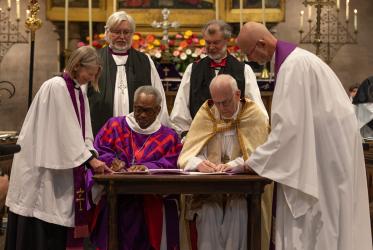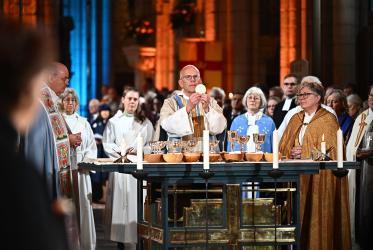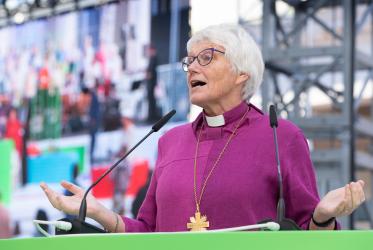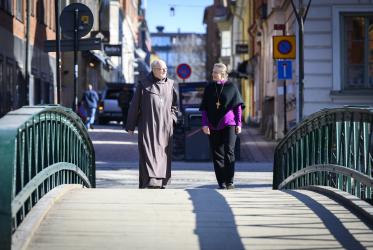Schweden
Sweden, the largest of the Nordic countries, established itself as a monarchy in the 16th century and became a major European power, extending deep into Russia and Ukraine. It lost these territories and also Finland in the following centuries, and its present boundaries date from 1905 when Norway detached itself from the Swedish kingdom. Politically, Sweden was neutral during the two World Wars and was not part of military alliances during the cold war period. It has not been involved in a war for 200 years. During the 19th century it was a poor, agricultural country from where many migrated to North America. Industrial devel- opment came in the 20th century and Sweden has become a prosperous nation with one of the most advanced wellfare systems in the world. It joined the European Union in 1995. Sweden was Christianized in the 12th century and embraced the Lutheran Reformation in the 16th century. The Lutheran Church is the majority church. Revival movements in the 19th and 20th centuries have brought into being a number of Protestant, Pentecostal and Evangelical churches, of which the Mission Covenant Church and the Pentecostal churches are the largest. There is a Methodist community which belongs to the United Methodist Church. These churches are together in the Swedish Free Church Council. Through immigration, several Orthodox churches have established themselves in Sweden, e.g. the Serbian Orthodox Church, the Ecumenical Patriarchate, the Syrian Orthodox Church. The Christian Council of Sweden is the ecumenical body and is very broadly representative of the Lutheran, Catholic, Orthodox and Free church families.





